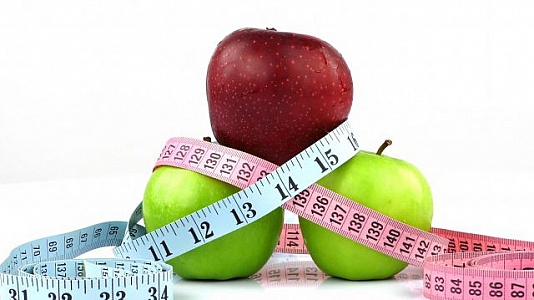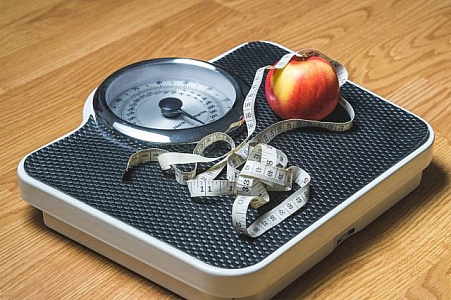As a seasoned expert in the realm of sports and fitness, I am deeply committed to empowering athletes with the knowledge and tools they need to optimize their nutrition and elevate their performance. In this comprehensive exploration, we will delve into the critical role of nutrition education in athletic development, uncovering key principles, strategies, and insights to support athletes in achieving their full potential.

- Foundations of Sports Nutrition Education:
Nutrition education serves as the cornerstone of athletic success, providing athletes with the knowledge, skills, and resources needed to make informed dietary choices that support their performance, recovery, and overall health. By equipping athletes with a solid understanding of nutrition fundamentals, we can empower them to take control of their fueling strategies and unlock their athletic potential.
- Science-Based Learning: At the heart of nutrition education lies a deep understanding of the scientific principles that govern how food fuels the body and impacts athletic performance. By teaching athletes about macronutrients, micronutrients, hydration, and energy metabolism, we can provide them with a solid foundation of knowledge to guide their dietary choices and optimize their performance outcomes.
- Practical Application: Nutrition education goes beyond theoretical knowledge—it also involves teaching athletes how to apply nutrition principles in real-world settings. Through practical learning experiences such as meal planning, grocery shopping, cooking demonstrations, and label reading exercises, athletes can develop the skills and confidence needed to navigate food environments and make nutritious choices that support their athletic goals.
- Individualized Guidance: Recognizing that nutrition is not one-size-fits-all, effective nutrition education takes into account the unique needs, preferences, and goals of each athlete. By providing individualized guidance tailored to factors such as sport type, training intensity, body composition goals, and dietary preferences, we can help athletes develop personalized nutrition plans that optimize performance and support long-term health and well-being.
- Strategies for Effective Nutrition Education:
In order to effectively educate athletes about nutrition, it is essential to employ evidence-based strategies that promote engagement, comprehension, and behavior change. By incorporating interactive learning experiences, fostering a supportive learning environment, and leveraging innovative teaching methods, we can enhance the effectiveness and impact of nutrition education initiatives.
- Interactive Learning: Engaging athletes in interactive learning experiences such as group discussions, case studies, hands-on activities, and interactive workshops can enhance comprehension, retention, and application of nutrition concepts. By encouraging active participation and dialogue, educators can stimulate critical thinking and problem-solving skills that empower athletes to make informed decisions about their nutrition.
- Supportive Environment: Creating a supportive learning environment that fosters open communication, collaboration, and mutual respect is essential for effective nutrition education. By cultivating a culture of trust and transparency, educators can create a safe space where athletes feel comfortable asking questions, sharing experiences, and seeking guidance on nutrition-related topics.
- Innovative Teaching Methods: Leveraging innovative teaching methods such as multimedia presentations, online modules, mobile apps, and virtual reality simulations can enhance engagement and accessibility of nutrition education materials. By meeting athletes where they are and utilizing technology to deliver dynamic and interactive learning experiences, educators can reach a broader audience and inspire behavior change on a larger scale.
- Empowering Athletes for Success:
Ultimately, the goal of nutrition education is to empower athletes with the knowledge, skills, and confidence they need to make informed dietary choices that support their athletic performance and overall well-being. By providing comprehensive nutrition education that addresses the unique needs and challenges of athletes, we can equip them with the tools they need to unlock their full potential and achieve success both on and off the field.
- Lifelong Learning: Nutrition education is not a one-time event—it is a lifelong journey of discovery and growth. By instilling a lifelong love of learning and curiosity about nutrition, educators can empower athletes to continue exploring and expanding their knowledge throughout their athletic careers and beyond.
- Sustainable Behavior Change: Effective nutrition education goes beyond simply imparting information—it also involves empowering athletes to translate knowledge into action and adopt sustainable behavior change. By fostering self-efficacy, resilience, and self-regulation skills, educators can support athletes in overcoming barriers, making healthier choices, and cultivating lifelong habits that promote optimal performance and well-being.
Conclusion:
In conclusion, nutrition education plays a pivotal role in unlocking athletic potential by providing athletes with the knowledge, skills, and resources they need to make informed dietary choices that support their performance, recovery, and overall health. By embracing evidence-based strategies, fostering a supportive learning environment, and empowering athletes to take control of their nutrition, we can help them achieve their full potential and thrive both on and off the field.


